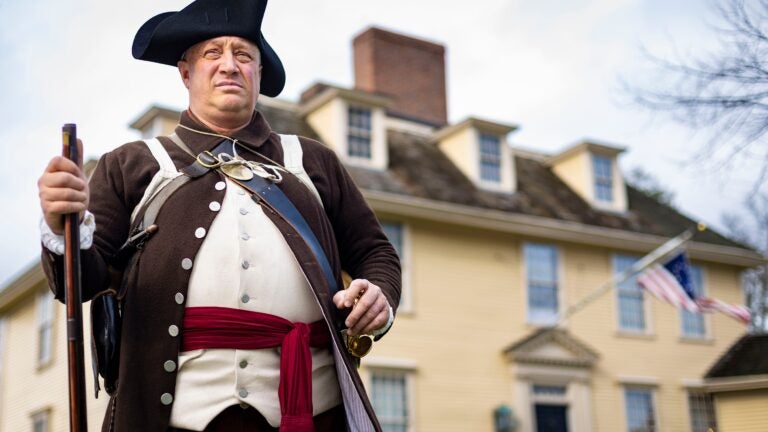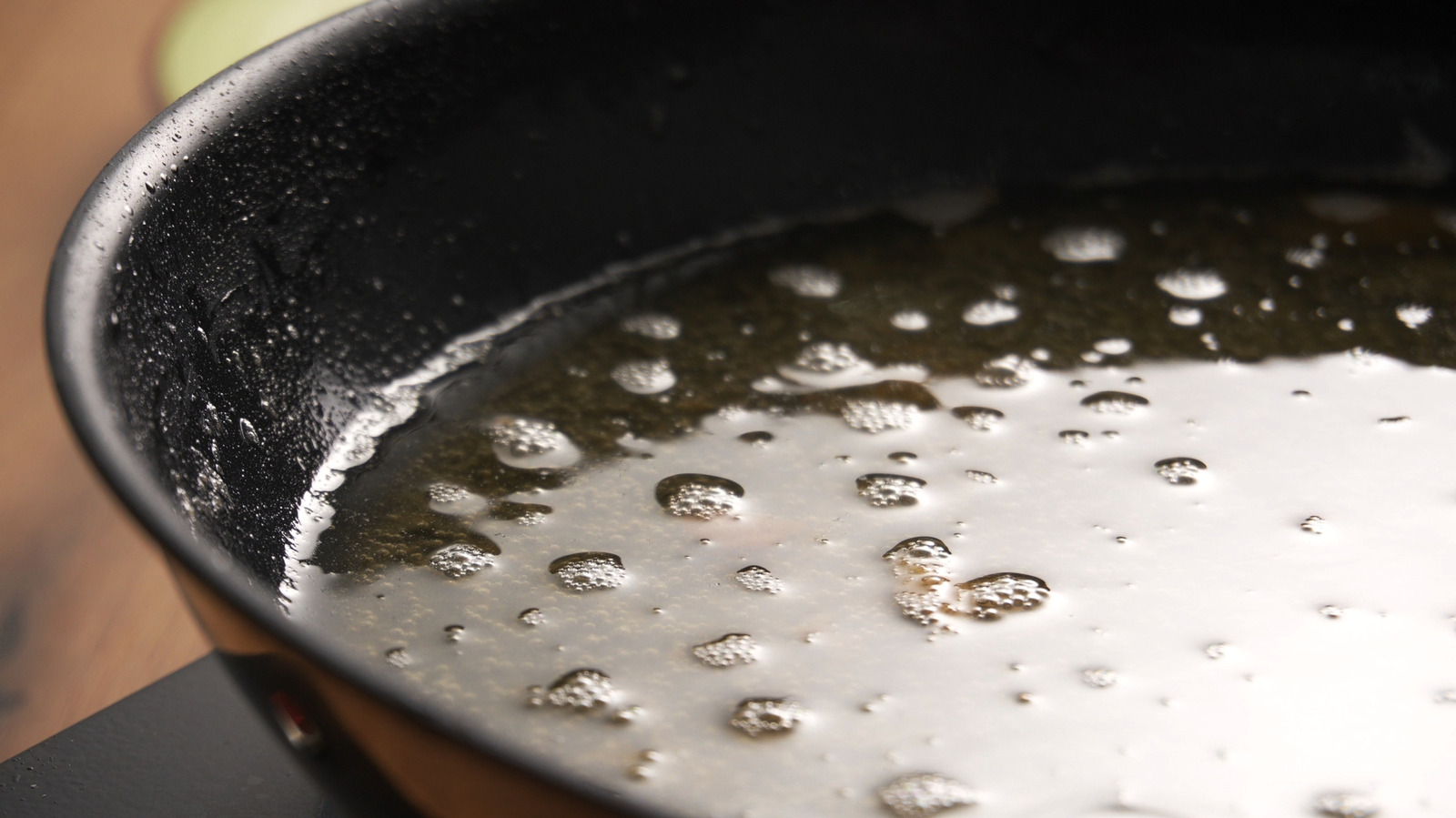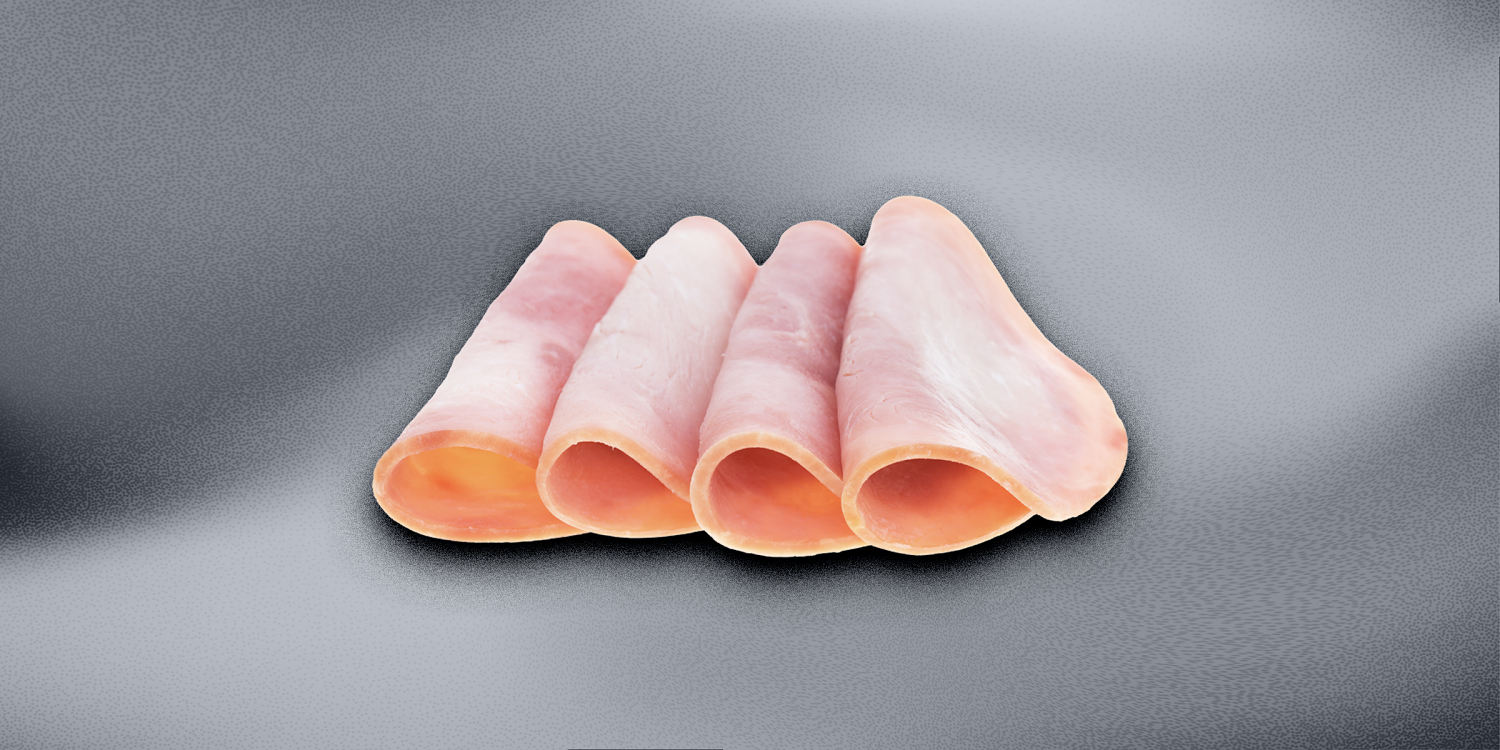By Maya Shavit Sitting around a long wooden table, friends are kicking back with some drinks after a hard day of work. One person had too many beers and is making an impassioned speech. Another is looking for a game to play.
This happens every day in Boston at breweries and taverns. It also happened during the creation of the United States. Northeastern University history professor and beer scholar Malcolm Purinton sees the “social lubrication” of alcohol as an essential part of the American story.

“Alcohol has a special place in the social history of our species,” said Purinton. “Taverns are essential. They were necessary for business and for planning a rebellion.
” According to Purinton, beer was crucial for traveling on ships to America and its history starts when the country does. The brewing process removes microorganisms floating around in contaminated water, so it was more critical and safer to drink than water at the time. William Bradford, the governor of Plymouth County, recounted the first winter of the colony in his journal “Of Plymouth Plantation,” writing that there was a lack of beer, and the hired sailors from the Mayflower needed to return to Europe in order to sustain their supply for the trip home.
When the Arbella, a larger boat carrying pilgrims to America, journeyed to Salem Harbor in 1630, they were more than prepared. Purinton said for every single person of the thousand or so aboard the Arbella, each person “could have four pints per day for the entire trip.” In 1656, the General Court of Massachusetts mandated that every major town or travelers’ destination have an “ordinary,” also known as a tavern.
By then, Boston had already opened the first licensed tavern in America , located in present day Downtown Crossing. Towns were fined if they did not have a suitable place for a drink and meal, according to the Gettysburg Historical Journal . Beer had a lower alcohol percentage and a warmer temperature that would be off putting to most consumers today.
However, this tepid drink with a small buzz was one of the most sought after drinks of the early days of alcohol in America. When colonial resistance was gaining momentum, Samuel Adams’ Sons of Liberty used taverns like the Green Dragon , a favorite hangout spot during the revolution used by John Hancock and Paul Revere, to mobilize support against British policies. It was at taverns that locals would gather to get their news from Boston and the other major colonial areas like Philadelphia and New York, meet with business partners, or break before a history-making moment.
“The tavern has always been the center of life,” said Tom Coots, a local historian and reenactor. Charlestown’s Warren Tavern still appears exactly how the revolutionaries would have seen it. Coots, who is also the Charlestown Militia Company captain and manager of The Cooperative Bank said, “It is the one place where everyone can still get together around common interests.
Since it is still run by locals, it is like coming home.” “If George Washington was able to walk through the door of the tavern today, he would probably recognize it,” said Kim Mahoney, longtime manager of the Warren Tavern. Alcohol also played a critical role before battle.
A little bit of rum with water before a battle was thought to settle the stomach, “like an early version of Gatorade,” according to Coots. During Paul Revere’s legendary midnight ride, he stopped at taverns to get “pints of rum” on the way to Lexington, according to Purinton. Once he rang a bell to signify the attack for the minutemen ready to fight for freedom, they had a few hours to kill in the early hours of the day before battle.
“Their options were to sleep for a couple of hours or go to the tavern,” said Purinton. “A few swigs lessened their fear and lessened good decision making skills just enough for wartime.” “Revolutions are still being built in taverns,” said Mahoney.
“The most important people who come in are the young people.” Sign up for The Dish Stay up to date on the latest food and drink news from Boston.com.
Be civil. Be kind..
Food

Was America built on a great night out?

“Taverns are essential. They were necessary for business and for planning a rebellion.”The post Was America built on a great night out? appeared first on Boston.com.















